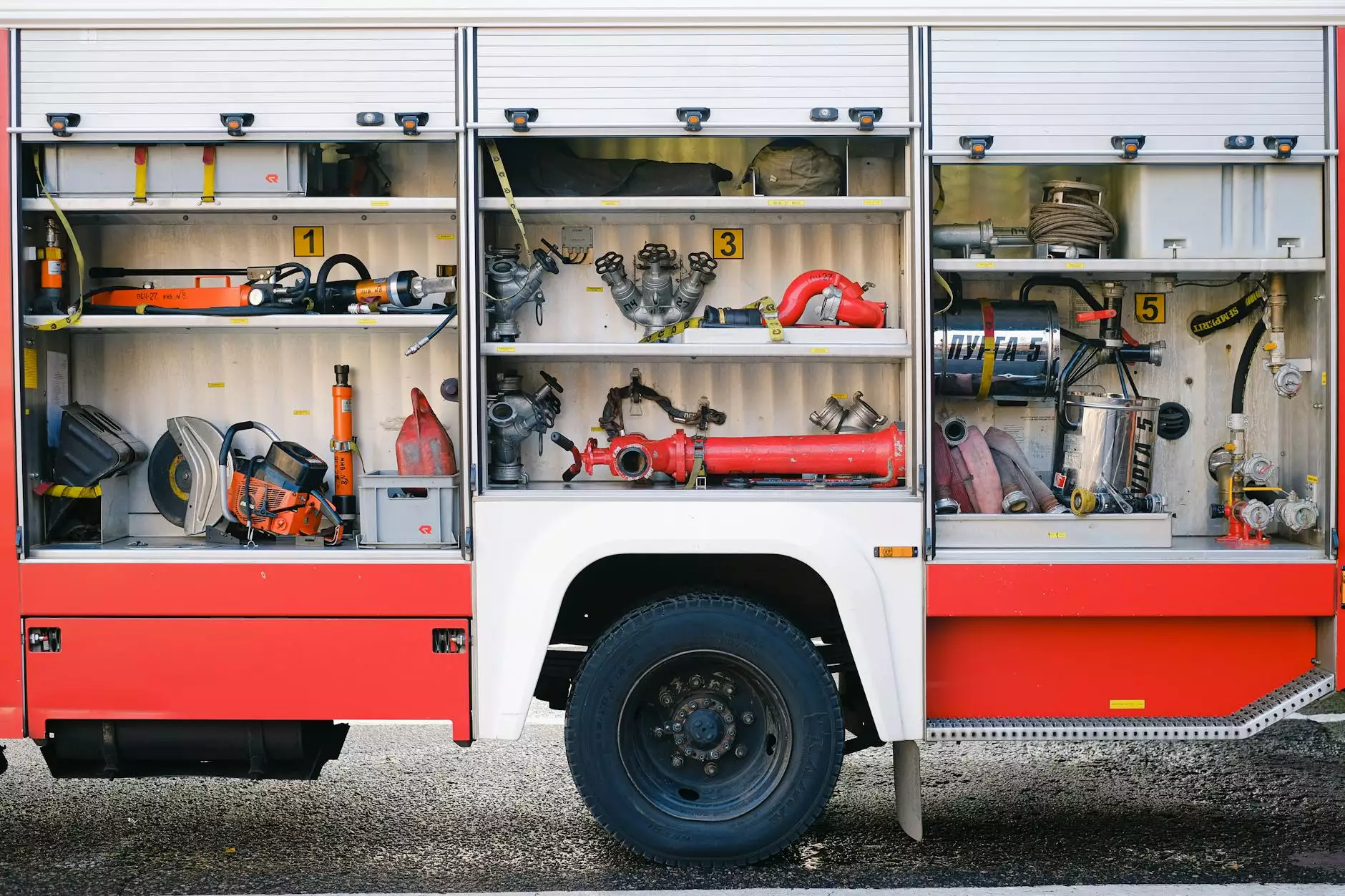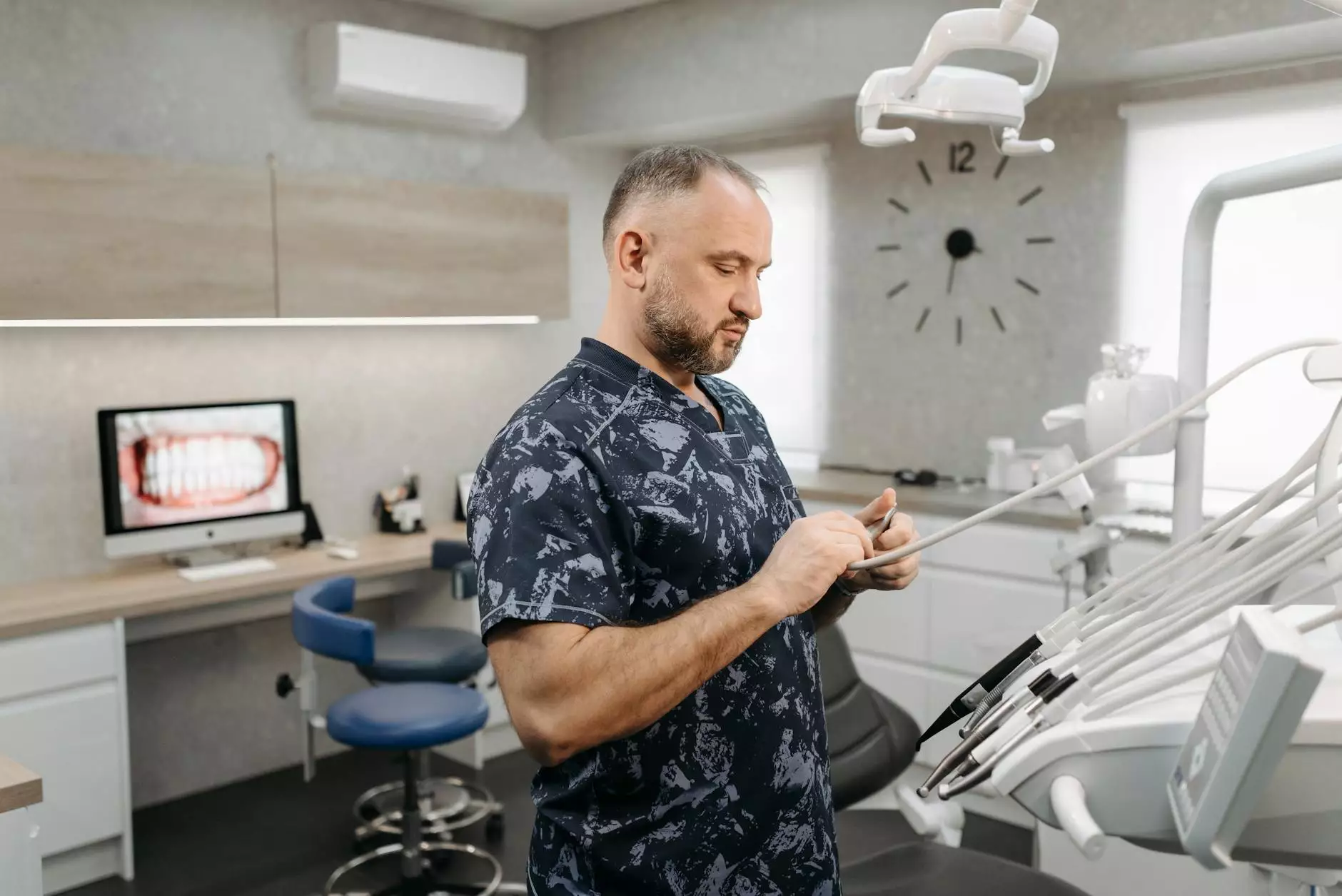The Critical Role of Diesel Injection Pump Nozzles in Engine Performance

The world of diesel engines can often seem complex and nuanced, particularly when it comes to understanding specific components that play crucial roles in their operation. Among these components, the diesel injection pump nozzle stands out as a key player in ensuring that diesel engines run smoothly, efficiently, and with optimal power. In this article, we will explore the importance of diesel injection pump nozzles, their types, functioning, maintenance, and how they affect the overall performance of diesel engines.
What is a Diesel Injection Pump Nozzle?
A diesel injection pump nozzle is a precision-engineered device that sprays diesel fuel into the engine's combustion chamber. The injection process is crucial as it directly affects the engine's performance, fuel efficiency, and emissions. Injection nozzles are designed to atomize the fuel into fine droplets, ensuring thorough mixing with air for better combustion.
Components of a Diesel Injection Pump Nozzle
The diesel injection pump nozzle consists of several critical components:
- Needle Valve: Controls the flow of fuel through the nozzle.
- Spray Tip: Atomizes the fuel into small droplets for effective combustion.
- Body: Houses the other components and connects to the fuel line.
- Spring: Ensures the needle valve closes tightly when not in operation.
Types of Diesel Injection Nozzles
There are primarily two types of diesel injection nozzles commonly used in engines:
1. Standard Nozzles
Standard nozzles are the traditional type used in older diesel engines. They typically have a single hole and deliver a specific amount of fuel into the combustion chamber, but may lack the efficiency provided by modern technology.
2. Multi-Hole Nozzles
Multi-hole nozzles are now the standard in contemporary diesel engines. These nozzles feature multiple holes that allow for a better atomization of fuel. The improved atomization leads to more efficient combustion, producing higher power outputs while reducing emissions.
How Diesel Injection Pump Nozzles Work
The operation of a diesel injection pump nozzle is governed by precise timing and pressure. Diesel fuel is pumped from the fuel tank to the injectors at high pressures, typically ranging from 1000 to 3000 psi. Here’s a brief overview of how the process works:
- Fuel Pumping: The fuel pump delivers diesel from the tank to the injection pump.
- Pressure Build-Up: The injection pump pressurizes the fuel before it's sent to the nozzle.
- Injection Timing: The engine control unit (ECU) controls the exact timing for fuel injection, ensuring it coincides with the piston’s compression stroke.
- Atomization: The pressurized fuel enters the nozzle, where it is atomized into a fine spray as it leaves, promoting efficient combustion.
Importance of Properly Functioning Diesel Injection Nozzles
The performance of a diesel engine heavily relies on the condition of its diesel injection pump nozzles. Here are several reasons why these nozzles are so important:
1. Fuel Efficiency
Well-functioning injectors ensure optimal fuel atomization, which directly translates to improved fuel efficiency. When nozzles spray fuel effectively, diesel engines can achieve better mileage.
2. Power Output
The amount and atomization of fuel injected into the combustion chamber affects the overall power output. Efficient injection allows for maximized power from each drop of fuel injected, driving performance.
3. Exhaust Emissions
Poorly functioning injectors can lead to incomplete combustion. This not only wastes fuel but also increases harmful emissions. Maintaining the injectors in good condition is essential for meeting environmental standards.
Signs of Malfunctioning Diesel Injection Nozzles
Recognizing the signs of malfunctioning diesel injection pump nozzles can save you from costly repairs down the line. Here are some common indicators:
- Engine Misfires: Irregular combustion can lead to engine misfires and rough idling.
- Reduced Power: A noticeable drop in engine power can indicate injector issues.
- Increased Smoke: Excessive black or white smoke from the exhaust suggests improper fuel combustion.
- Poor Fuel Economy: If fuel consumption rises unexpectedly, checking the injectors might be necessary.
Maintenance and Care for Diesel Injection Nozzles
Proper maintenance of your diesel injection pump nozzles is essential for the longevity and performance of your diesel engine. Here are some maintenance tips:
1. Regular Inspections
Routine inspections can help identify early signs of wear and tear on the nozzles. Look for signs of leaks or damage.
2. Use High-Quality Fuel
Using poor-quality diesel fuel can lead to fouled injectors. Always choose fuel from reputable sources to ensure higher quality and cleanliness.
3. Cleaning
Sometimes, injectors need to be cleaned. This can be done using specialized cleaning solutions that dissolve deposits without damaging the components.
Replacing Diesel Injection Pump Nozzles
When nozzles become too damaged or worn out, replacement is necessary. Here are some guidelines for replacing diesel injection pump nozzles:
1. Select Quality Components
Always choose high-quality replacement nozzles that meet or exceed OEM specifications. Inferior parts can negatively affect engine performance.
2. Professional Installation
It’s often best to have nozzles installed by a professional mechanic. Incorrect installation can lead to further engine problems.
Conclusion
Understanding the function and importance of diesel injection pump nozzles is paramount for any diesel engine owner or enthusiast. These components are vital for fuel efficiency, power output, and emissions control. By ensuring that your nozzles are functioning properly and maintained regularly, you can achieve optimal performance from your diesel engine. For all your diesel engine parts needs, including top-quality nozzles, please visit client-diesel.com.









